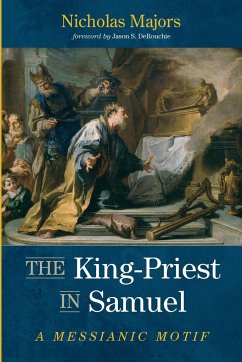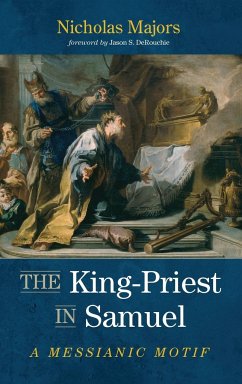Scholars studying the ANE have noticed that Canaanite kings ruled as a representative of their god and served in a priestly role. Yahweh allows Israel to have a king ""like all the nations"" (Deut 17:14), but he shapes the monarchy according to his covenant. A key question remains, does God's allowance for a king ""like all the nations"" include a king-priest model? This study presents a synchronic view of the king as a priest within the MT of Samuel, analyzing the motif and considering how the narrator heightens the hope for the coming anointed one, whom the narrator describes as both king (1 Sam 2:10) and priest (2:35-36). This study will argue that, from the monarchy's inception, Yahweh considered Israel's kingship a sacral task. My study examined the king as a priest through a synchronic literary-theological approach.








